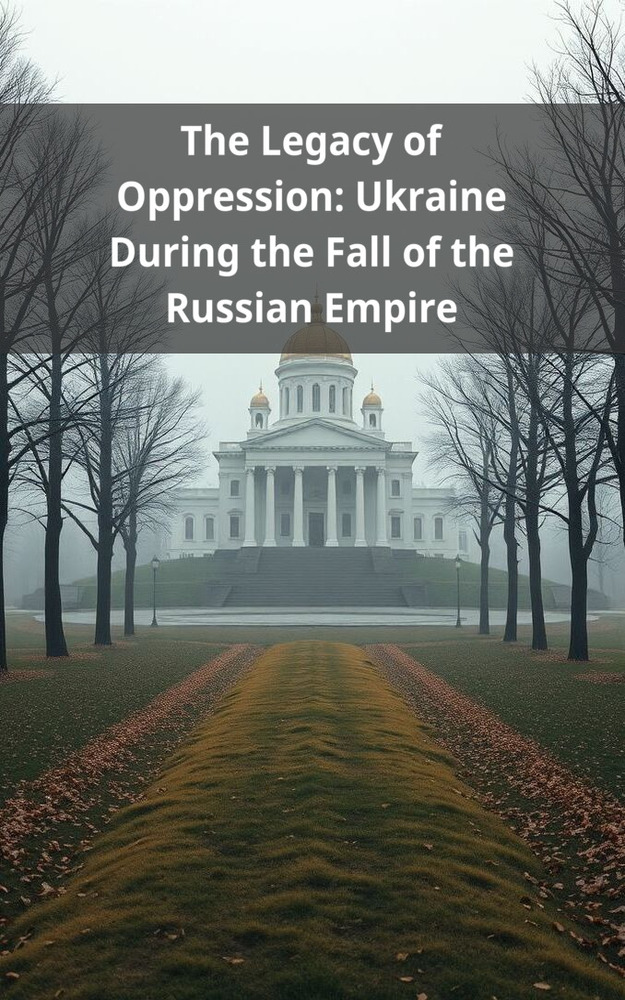Description
As the Russian Empire crumbled, Ukraine found itself at a crossroads, striving for independence amidst internal divisions and external pressures. The establishment of the Ukrainian National Republic marked a pivotal moment, yet it faced numerous challenges, including the rise of the Bolsheviks and the outbreak of civil war. The book meticulously examines this pivotal period, shedding light on the motivations and actions of key figures, such as Symon Petliura, and exploring the profound impact of the conflict on the Ukrainian people.
Amidst the chaos and violence of the civil war, the Jewish community in Ukraine endured unimaginable suffering. Pogroms and massacres perpetrated by various factions resulted in the loss of countless lives and left an enduring legacy of pain and trauma. The book meticulously documents these atrocities, shedding light on the factors that fueled anti-Semitism and the tragic consequences for the Jewish population.
The aftermath of the civil war left Ukraine deeply scarred, with the establishment of the Ukrainian SSR and the subsequent decades of Soviet rule. The book analyzes the policies and practices of the Soviet regime, examining its impact on Ukrainian culture, language, and identity. The Holodomor, a devastating famine engineered by Stalin, is given particular attention, as its repercussions continue to resonate in Ukrainian society.
In the latter half of the 20th century, Ukraine experienced a period of relative stability under Soviet rule, yet nationalist sentiments remained simmering beneath the surface. The collapse of the Soviet Union in 1991 brought about a new era of independence for Ukraine, but it also ushered in a series of challenges, including economic turmoil, political instability, and ongoing conflicts. The book provides a nuanced analysis of these developments, exploring the complexities of Ukraine’s transition from a Soviet republic to an independent nation.
The final chapter of the book examines the ongoing Russo-Ukrainian conflict, which has had a profound impact on the nation’s identity, security, and international relations. The annexation of Crimea and the war in Donbas are explored in detail, shedding light on the geopolitical factors at play and the human cost of the conflict. The book concludes with a thoughtful assessment of the challenges and opportunities facing Ukraine as it navigates its path toward a secure and prosperous future.
**Reviews:**
“A meticulously researched and insightful exploration of Ukraine’s history during a transformative period. This book is a valuable resource for anyone seeking to understand the complexities of the region.”
“A comprehensive and engaging narrative that sheds light on the struggles, aspirations, and conflicts that shaped Ukraine’s destiny. A must-read for anyone interested in Eastern European history.”
“A well-written and thought-provoking analysis of Ukraine’s past and present. This book provides a deeper understanding of the challenges and opportunities facing the nation as it moves forward.”
If you like this book, write a review!
Language : English
Dimensions : 6 x 9 inches
Pages : 184 pages
Pasquale De Marco stands as a prolific author whose literary prowess knows no bounds. With a passion for storytelling that transcends genres, he has made a name for himself as a versatile writer with the extraordinary ability to captivate readers across diverse literary landscapes. His journey as an author is marked by an insatiable curiosity, a love for the written word, and a relentless commitment to sharing knowledge and experiences with the world.
Pasquale De Marco collaborates with a dedicated team of ghostreaders who assist him in evaluating and editing the manuscripts. His collaborators are not only skilled professionals but also avid readers who purchase and read books as a personal hobby. This unique blend of creativity allows Pasquale to push the boundaries of traditional publishing, making literature more accessible and diverse.






Reviews
There are no reviews yet